Articles & Resources
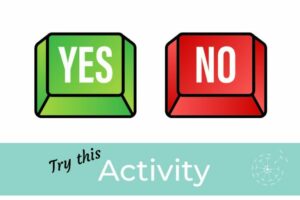
Children’s Activity: What can I control?
Sometimes, we can all get caught in spirals of thoughts surrounding things that are not in our control. So, how do we support children to begin conversations about what they are in control of, versus what they are not? Anxiety frequently exists where we attempt to control things that are uncontrollable. Ever noticed that we

What’s the emotional literacy gap?
Since the 2020 pandemic, there has been an increasing gap in the emotional literacy of children. One of my greatest observations from the last three years in my therapy and coaching work, is that whilst children are catching up academically: Behaviour issues are increasing Dysregulation is happening more frequently Expressing feelings is less comfortable There
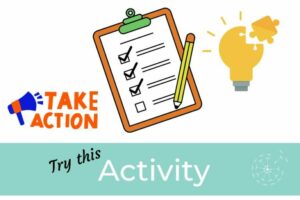
Children’s Activity: How to solve my problem?
Ever find that some worries cause a lot of stress? Yet, we never take purposeful action towards reducing them? Many of us spend a lot of time in our own minds when we have a worry, and this causes it to keep growing. Therefore, if we can instead support children to express their feelings and

The Online Safety Bill 2022
A conversation that I have seen more of over the last few weeks resolves around the new Online Safety Bill. The Online Safety Bill is a new set of laws to protect children and adults online. The bill will make social media companies legally responsible for keeping users safe online. The bill is related to:
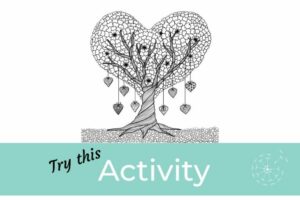
Children’s Activity: Calm Colouring
Sometimes, we just need an activity that allows us to switch off and zone out, to process our thoughts, feelings and experiences. Colouring has many benefits: Develops fine motor skills Supports concentration skills Develops colour recognition Strengthens handwriting skills Encourages relaxation Develops focus Creates a focus on the present Calms a restless mind Develops inner

Are children struggling more, post-pandemic?
Over recent weeks I have had a huge number of conversations about children’s mental health and the increase that parents and professionals are seeing in: Anxiety Health anxiety Separation Anxiety Phobias Emotionally Based School Avoidance Low mood Worries and fears For many, the question is ‘why?’ You may have also noticed that adults are less
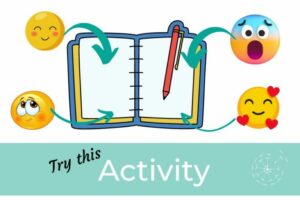
Children’s Activity: Feelings Diary
Identifying that our feelings are fluid, and ever moving supports children to understand that they do not need to always feel ‘happy’. For so many children and adults, there is a pressure to always be ‘happy’, when in reality our feelings move continually throughout the day. So, in this article, we share a feelings diary

Phased Returns and School Avoidance
A frequent conversation I have with my therapist hat on, is surrounding emotionally based school avoidance and return to school plans. Having worked as a teacher, as well as therapist, in addition to supporting many children with return to school plans, the focus is always on: Creating a sense of safety for the brain Rebuilding
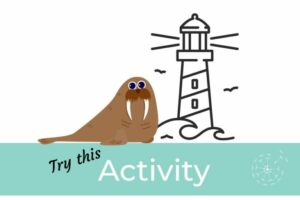
Children’s Activity: Feelings Lighthouse
How can we talk about feelings with children? Being creative about feelings exploration with children can support them to create visual ideas about how to work through those sensations. My Feelings Lighthouse Download here Next steps Download the worksheet here Collect pens and pencils On the starfish – write the feeling you want to
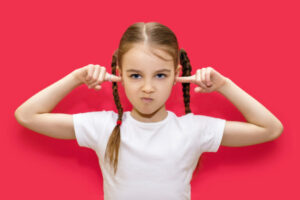
Carrot and Stick – Why punishments rarely work
An important part of supporting child mental health, is that we recognise areas where we can develop our practice. There is no end point in this, as the world evolves, we can recognise that the mental health needs are ever evolving. Therefore, strategies that we used 10 years ago may no longer work, whilst new
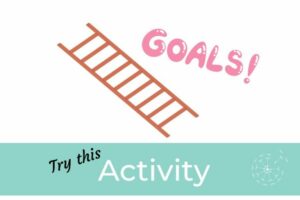
Children’s Activity: Goal Planning Ladder
Goal setting is a valuable activity, which can help both children, adolescents and adults to achieve their intentions. However, frequently we can see goals fall apart, or momentum being lost for a number of reasons, including: Not having a plan Not knowing HOW to get to our goal Charging too fast and losing energy Not

Why threats don’t work and we need validation instead
A lot of people can be concerned about the word ‘validation’, perceiving that by doing this, we are giving in, or enabling someone. However, validation is a vital part of our connections with children, building trust and supporting mental health. Without it, we are often caught in cycle of resistance, by which the child may
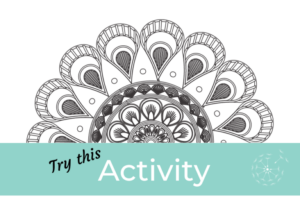
Children’s Activity: Therapeutic Colouring
Sometimes, we just need an activity that allows us to switch off and zone out, to process our thoughts, feelings and experiences. Colouring has many benefits: Develops fine motor skills Supports concentration skills Develops colour recognition Strengthens handwriting skills Encourages relaxation Develops focus Creates a focus on the present Calms a restless mind Develops inner

Are we disregarding children?
Having worked in education as an early years professional, lecturer and inspector, alongside my work in therapy and coaching I have had the fortitude to see children’s needs from many angles. When I was at school, and even in the first years of my teaching career, other than students who had been diagnosed with dyslexia
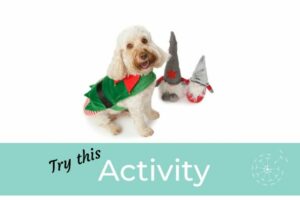
Children’s Activity: Christmas Colouring
Christmas Colouring As we spring into Christmas, Brian is here to add a little bit of fun to the festivities. Download his free colouring sheet and have some fun with Brian. Happy Christmas! Download here Want to learn more? If you want to learn more about mental health you can join our Level 4

5 ways to reduce overwhelm at Christmas
As Christmas approaches, for some children, the levels of overwhelm can increase. Whilst we often associate Christmas with magic, awe and wonder, for others it can feel stressful and create anxiety. This often affects children who: Find the increased sensory inputs overwhelming (lights, shiny decorations, music playing everywhere, things hanging from ceilings etc) Find the
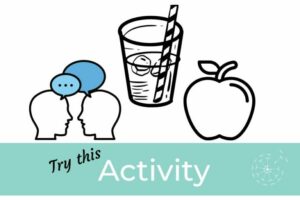
Children’s Activity: Regulation Cards
When we look at children’s emotional literacy we are considering: How we acknowledge our feelings Our ability to label our feelings Our skills to be able to regulate ourselves As adults, we are also considering how: 4. We co-regulate, by calming ourselves to respond to children’s needs Learning strategies, and supporting children to practice these

Rejection Sensitivity and ADHD
What is rejection sensitivity? A frequent conversation that I have with parents and young people who have had a neurodiverse diagnosis (or are awaiting diagnosis) is the challenges that they can have with rejection sensitivity. This is most often symptomatic of those with ADHD or ADD. Rejection sensitivity occurs where the actual or perceived rejection
DISCLAIMER
The resources on this site are for individual use. They are not permitted to be mass reproduced by other organisations without a licensing fee. The content and resources on this site may not be mass reproduced in whole, or in part and are not for re-distribution by third parties without special permission from the provider. No use of these resources may be made for resale or any other commercial purposes without prior consent and written permission from Dandelion Training and Development. In some cases a licensing fee may apply.
